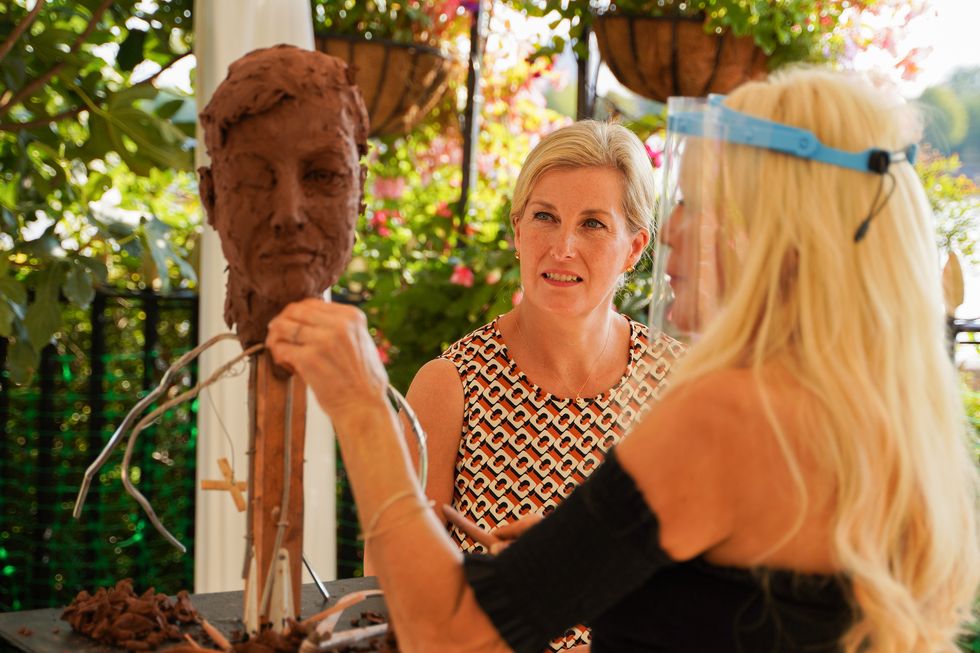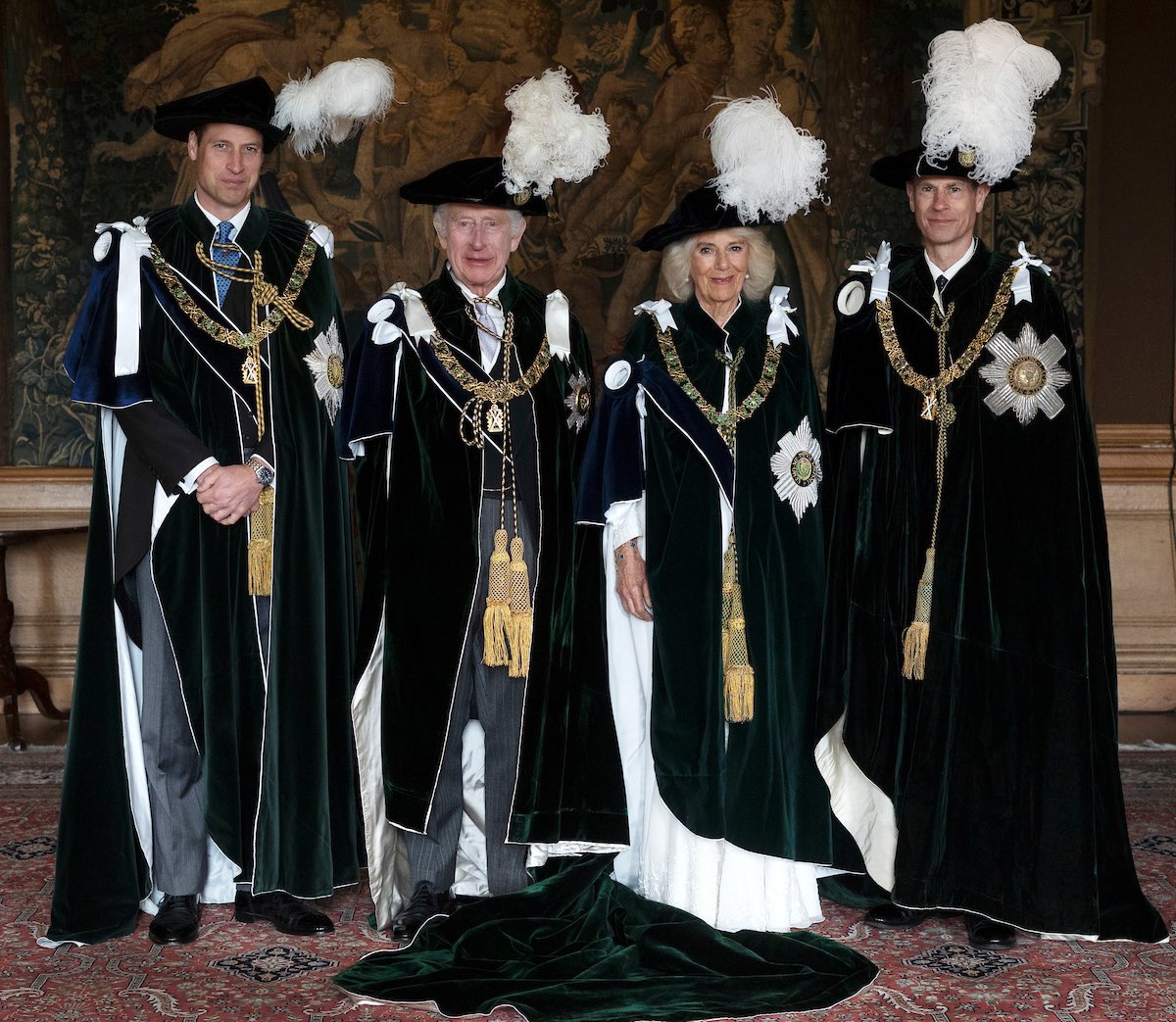In a call made before the death of the Duke of Edinburgh, The Countess of Wessex congratulated key representatives who assisted in eliminating blinding trachoma in the Gambia.
On 20th April, the World Health Organisation (WHO) announced the Gambia had eliminated the disease as a public health problem. As patron of the International Agency for the Prevention of Blindness (IAPB), Sophie took part in a video call with a panel of representatives to discuss The Gambia’s journey to elimination.
GOOD NEWS!
The #Gambia?? has successfully eliminated #trachoma as a public health problem — making it the 3rd country in #Africa to reach this milestone.
This is thanks to the hard work of the govt, partners & a large network of community volunteers. https://t.co/2nwPK6hsR3 pic.twitter.com/ORiE5v3kJN
— WHO African Region (@WHOAFRO) April 20, 2021
The Countess commented: “In our lifetime, to see something that has destroyed so many lives actually being beaten is wonderful.
“This success is firstly about collaboration, but each success is a home-grown success from each individual country. Yes, the international community came together but it had to rely on each country to make it their own. Without the commitment form the top down and the bottom up none of this would have come about.
“We stand in awe of what has been achieved. You’re to be congratulated, you’ve proven what can be done when people come together with one mission and one direction and you’ve achieved it.”
Reflecting on The Queen’s support for tackling avoidable blindness across the Commonwealth, the Countess said: “Her Majesty is so supportive of this kind of work. She has genuinely taken a personal interest in that work. She loves collaboration; she loves it when people get together and make things happen.
“She has genuinely taken a personal interest in that work. When I was travelling on her behalf to be able to come back and tell her what I’ve seen, what I’ve learn, the work what was going on was great. She loves collaboration; she loves it when people get together and make things happen.”
Trachoma is a disease of the eye caused by infection with the bacterium Chlamydia trachomatis and affects around 1.9 million globally. The bacterial infection spreads through personal contact (via hands, clothes or bedding), and flies, which have been in contact with the eyes or nose of an infected person.
When repeated episodes of infection happen over many years, the eyelashes may be drawn in so that they rub on the surface of the eye, with pain and discomfort and permanent damage to the cornea.
“We stand in awe of what has been achieved.”
The Gambia has become the second sub-Saharan African country to successfully eliminate trachoma, and The Countess congratulated Her Excellency Dr Isatou Touray, Vice-President, The Gambia, on this historic milestone. pic.twitter.com/mhiNUgr629
— The Royal Family (@RoyalFamily) April 26, 2021
The Countess of Wessex is passionate about eradicating avoidable blindness and is also Patron of Vision 2020: The Right to Sight. Sophie has seen first-hand the difference organisations with the right knowledge, experience and funding can make on a global scale.
Last year, the Countess sat for a sculptural portrait, which was live-streamed. The event was in support of her patronage, The Vision Foundation, which makes the arts more accessible to the blind and visually impaired. The sculpture aimed to provide an opportunity for the blind and visually impaired to get the know the Countess’ likeness.

Sophie, The Countess of Wessex had her sculpture made for the Vision Foundation; it will allow the blind and visually-impaired to explore her image through touch (@royalfamily)
In 2019, in her role as vice-patron for the Queen Elizabeth Diamond Jubilee Trust, Sophie travelled to India for five days where she visited a local hospital to see the work being done to prevent blindness in premature babies.
She also saw the screening babies are given to detect the condition and met parents waiting for the results.




